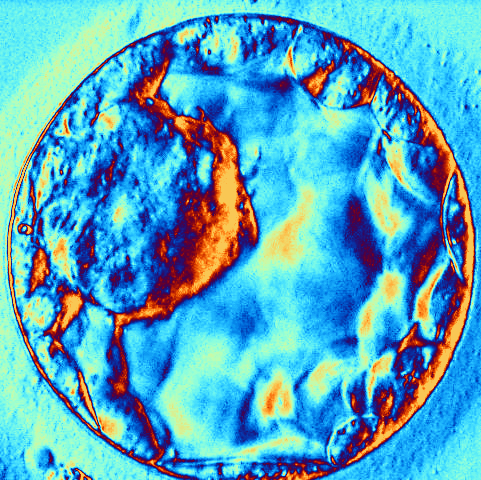Human hybrid for better tests
 Researchers in China and the US have injected human stem cells into primate embryos to create a new hybrid.
Researchers in China and the US have injected human stem cells into primate embryos to create a new hybrid.
The project was able to grow the hybrid - or ‘chimera’ - embryos for up to 20 days.
The research, despite its ethical concerns, has the potential to provide new insights into developmental biology and evolution.
As researchers are unable to conduct certain types of experiments in humans, the say it is essential to have better models to more accurately study and understand human biology and disease.
Interspecies chimeras in mammals have been made since the 1970s, when they were generated in rodents and used to study early developmental processes.
The advance that made the current study possible came last year when researchers generated technology that allowed macaque embryos to stay alive and grow outside the body for an extended period of time.
In the current study, six days after the monkey embryos had been created, each one was injected with 25 human cells.
The cells were from an induced pluripotent cell line known as extended pluripotent stem cells, which have the potential to contribute to both embryonic and extra-embryonic tissues.
After one day, human cells were detected in 132 embryos. After 10 days, 103 of the chimeric embryos were still developing.
Survival soon began declining, and by day 19, only three chimeras were still alive. Importantly, though, the percentage of human cells in the embryos remained high throughout the time they continued to grow.
“Historically, the generation of human-animal chimeras has suffered from low efficiency and integration of human cells into the host species,” says Dr Izpisua Belmonte, leader of the latest studies.
“Generation of a chimera between human and non-human primate, a species more closely related to humans along the evolutionary timeline than all previously used species, will allow us to gain better insight into whether there are evolutionarily imposed barriers to chimera generation and if there are any means by which we can overcome them.”
Dr Belmonte notes that “it is our responsibility as scientists to conduct our research thoughtfully, following all the ethical, legal, and social guidelines in place.”
He adds that before beginning this work, “ethical consultations and reviews were performed both at the institutional level and via outreach to non-affiliated bioethicists. This thorough and detailed process helped guide our experiments”.







 Print
Print